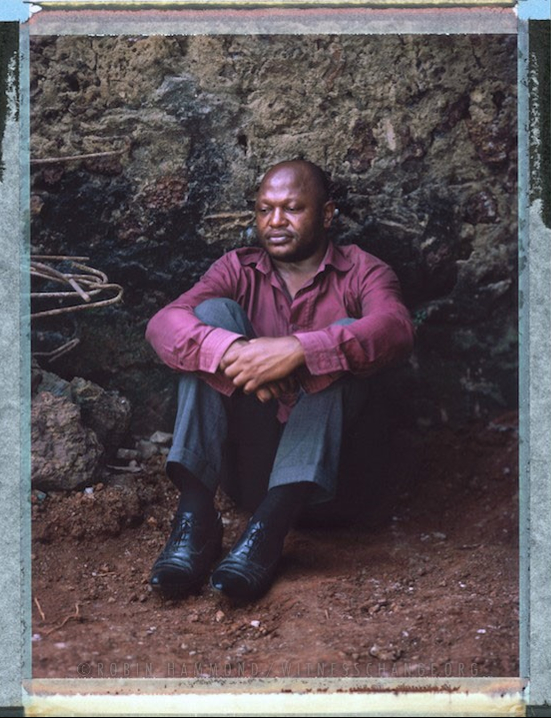Lambert / Cameroon
“My arrest and my incarceration was a real nightmare for me and for my life. Since that day, humiliation, shame, contempt, insults and other evils are part of my daily life.
Even after my release, my situation has turned into torment in my family, the neighborhood, at work. I do not participate in any family events (death, marriage, meetings…) nor in the neighborhood. Actually, I had opened a bar (beverage sales) but the neighbors came, fifty people, molested customers, broke bottles, crates and everything else and tried to set fire to the building. Since my release, I never had a job, and if I did just for the time until my employer was informed about my situation. Even to legalize the association for which I am the founder, the receipt of declaration had to be signed by another member because I was a bad omen.
Since my release from prison I live from the few workshops I am invited to, except for the PAEMH project that lasted two years. My only recourse is alcohol because we do not have a psychologist in the association.
A family came to threaten my family and a bottle was broken over my head because I had given 100 FCFA to their 8-year-old son who told me that he was hungry. I continue to survive in the hope that one day the LGBTIQ rights will be recognized and finally respected but until then I use the strengths that remain in me to prevent that my peers go through the same experience as me.”





Dear Lambert, I am writing to you from the United States and can only send you my love and respect for you for grappling with your situation every day. You deserve so much better. It saddens me greatly to know that your kindness towards others was thrown in your face. Your situation is more difficult than any I have faced and I hope that the great changes occurring in many countries across the world will also come to you, or else that you may make your way to them. I love you.